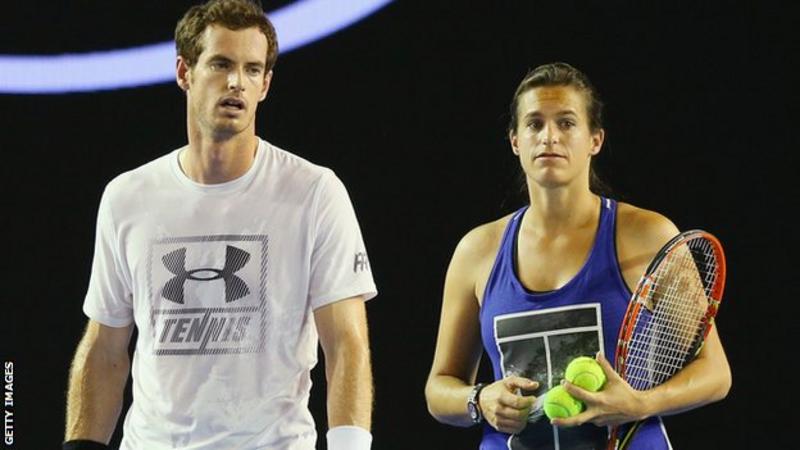I think it is essential to reflect on a completed season.
ALTIS refer to this as a debrief. What went well? What could have been
improved? What will be taken forward to next season? What will be deleted from
the training programme? These are some of the questions that need to be asked
post season. Discussing this with a coach is important, so both parties are on
the same wavelength, and a sense of teamwork is fostered leading into the off
season.
It is this time of year where an athlete-coach relationship
is most likely to come to an end. But how do you know if this is the right
decision? It is impossible to forecast exactly how any programme will work out,
let alone one that is new to you as an athlete. I wanted to offer my advice on
some of the issues that an athlete may want to consider when deciding if a new
coach is an option.
Progression
It sounds simple, but if you are improving and producing
personal best performances, then you really need to ask yourself whether
leaving a coach is a good idea. As an athlete, it is easy to be greedy and want
more rapid progression and think that the grass is greener elsewhere. This is something I have been extremely guilty of and I have learnt the hard way that jumping from one training idea to another causes inconsistency and stagnation of progress. Slow
progression is still progression, and once you are out of your teenage years
improvements occur by increasingly less significant margins.
Injury
If you are struggling with injury issues, then it is
important to try and identify the root cause as best as possible. As are
performances, injuries are the results of many factors, which are likely
interrelated, so it isn’t always possible to isolate them. However, if you
honestly believe that your lifestyle is set up as well as it possibly can be,
to allow you perform optimally, then it is likely that something in the
training set up is contributing to your injury woes. I don’t believe there are
many things that are wrong in training (there are definitely some!), but individuals
can react differently to the same stimulus, and therefore some training
programmes are better suited to certain athletes. Are you suited to your
current programme?
Happiness
This is something I used to overlook, but I think the mental
and emotional wellbeing of an athlete can have a huge impact upon their
performance. Do you enjoy going to training? Do you enjoy spending time with
your coach? David Oliver's letter to Brooks Johnson perhaps highlights some issues that can occur in the relationship between an athlete and a coach. Depending on your level as an
athlete, this could be somebody you are spending a few hours a day with, six
days per week. Do you like the environment? Are you happy in the company of
your training partners? Boredom can be an issue, but keep in mind that training
for excellence in any endeavor can be monotonous, because it has to be
repetitive. Factor that into track and field, which consists of closed skills,
and the repetitiveness becomes magnified. If this is a problem for you, then it
could well be that track and field isn’t for you-or you may want to try multi
events to add a bit of variety and spice!
 |
| Andy Murray and Amelie Mauresmo ended their coach-athlete relationship earlier this year. |
Logistics
This is perhaps more of a consideration when you have
decided that you are going to make a coaching change and are now deciding who
to approach and ask to coach you. It is very likely that if you trained last
season with a particular group, with the exception of any major life change,
logistically it is possible for you to remain in that group. However, when
choosing a new group, the following questions need to be asked. Do they train
at a time that you are able to train? Is the location close enough to where you
live? If not, are you able to relocate there? Is it affordable to do so? If you
need a job to support yourself, are you able to find one in the location of
your training set up?
To sum up...
It is very easy to make a snap decision in the midst of a
potential coaching change, but it needs careful consideration, otherwise you
risk finding yourself in twelve months, having completed a[nother?] subpar
season. If you are in a situation where you are considering a coaching switch,
hopefully the above points will help you focus on some of the issues that need
to be considered.
No comments:
Post a Comment